DTO - The agricultural sector in the Mekong Delta in general and Dong Thap province in particular is facing many challenges regarding the environment and sustainable development. As one of the provinces with the largest mango growing area in the Mekong Delta, Dong Thap's annual mango output is up to 150,000 tons, along with a large amount of post-processing waste.
The problem is how to turn these waste products into resources, contributing to increasing the value of the mango industry and promoting the circular economy . The project "Improving the process of producing bio-organic fertilizer from mango waste" implemented by the Southern Fruit Institute in coordination with the Department of Science and Technology (KH&CN) of Dong Thap province has opened up a promising direction.
Mango processing at Nova Thabico Fruit Processing Factory, Hong Ngu District
From mango peel to “brown gold” - The green journey of Dong Thap agriculture
According to Dr. Nguyen Thi Ngoc Truc - Head of the Department of Agronomy, Southern Fruit Institute, Head of the project "Improving the process of producing bio-organic fertilizer from mango waste", said: "Mango waste, including peel, seeds and pulp, accounts for 30 - 50% of the total fruit weight. If not treated properly, they will cause serious environmental pollution. Our project focuses on researching and perfecting the process of producing bio-organic fertilizer from these wastes, not only helping to solve environmental problems but also creating high-value products for agriculture".
The process of producing bio-organic fertilizer from mango waste uses advanced microbial preparations such as Trichoderma fungi, nitrogen-fixing bacteria and biological enzymes. These microorganisms play an important role in rapidly decomposing complex organic substances in waste, converting them into abundant nutrients for soil and plants. Dr. Nguyen Thi Ngoc Truc emphasized: “We have optimized the process to ensure feasibility and economic efficiency when implementing in Dong Thap, with not too high initial investment costs, especially when taking advantage of indigenous microbial technologies. The research results have been proposed by Dong Thap Agricultural Fuel Company Limited, Cao Lanh City to be accepted for production, this is a very encouraging signal showing the high applicability of the topic”.
Abundant waste from mango processing industry is an advantage for Dong Thap to invest in organic fertilizer production at low cost.
The participation of enterprises plays a key role in turning scientific research results into practical products, creating a strong influence in the community. Mr. Tran Ngoc Phuc - Director of Dong Thap Fuel - Agriculture Company Limited, expressed his excitement: “We see great potential from this topic. With an estimated 45,000 - 75,000 tons of mango waste per year in Dong Thap, this is an abundant and sustainable source of raw materials for the production of organic fertilizer. The company expects that after the factory officially comes into operation, on average, the company's factory will produce 30 tons of fertilizer per day, equivalent to about 9,000 tons/year, contributing to the treatment of a large amount of agricultural waste, reducing environmental pollution for the province".
Enterprises investing in the production of bio-organic fertilizer from mango waste not only solves environmental problems but also brings clear economic efficiency. According to calculations by Dong Thap Fuel - Agriculture Company Limited, with the production output as initially planned by the enterprise, the annual revenue can reach over 45 billion VND, which will significantly contribute to the economic growth of the province. Moreover, reusing bio-organic fertilizer sources in the agricultural production chain also helps farmers reduce input costs, increase profits and minimize environmental pollution...
Dong Thap provincial leaders are interested in and encourage mango processing enterprises to promote the use of waste and by-products after processing for recycling, creating added value in the industry value chain.
Closing the circular production chain - Enhancing Dong Thap agricultural products
Mr. Nguyen Thai Binh - Deputy Director of Dong Thap Department of Science and Technology commented: “The fact that enterprises proactively receive and commercialize the results of the project is a very positive signal, showing the right direction of the province in bringing science and technology to serve production and life. The project is not only valuable in terms of research, but more importantly, it proves its feasibility in practice. When mango waste is recycled into organic fertilizer, then returned to serve the mango tree or other crops, it creates a closed cycle, reduces waste and increases the value of agricultural products”.
In the context of implementing the province's agricultural restructuring project, promoting the use of bio-organic fertilizers is considered an important part of the strategy to increase the value of the mango industry chain. Promoting the circular economic model not only helps improve productivity and product quality, but also contributes to protecting the environment and enhancing the brand of Dong Thap agricultural products in the market.
Compost from mango peel and mango pulp
In the long term, Dong Thap hopes to form sustainable linkage chains between farmers - businesses - scientists, thereby promoting applied research activities close to production needs, while creating a ripple effect in the community. Mr. Tran Ngoc Phuc - Director of Dong Thap Fuel - Agriculture Company Limited, believes: "When farmers see the practical benefits of using organic fertilizers, which both save costs and protect the environment, they will proactively switch. That is the greatest success of the project".
With the foundation of an in-depth research topic, close cooperation from businesses and the right direction from the relevant authorities, the “sweet fruit” from mango waste now does not only stop at improving the soil or reducing pollution, but also opens the door to a circular agricultural model, a survival strategy in the context of climate change and increasingly stringent requirements from the export market. Dong Thap is gradually realizing the “dream” of a green, clean and sustainable agriculture.
My Ly
Source: https://baodongthap.vn/kinh-te/tu-phe-pham-xoai-den-nong-nghiep-ben-vung-huong-di-moi-cho-dong-thap-132473.aspx


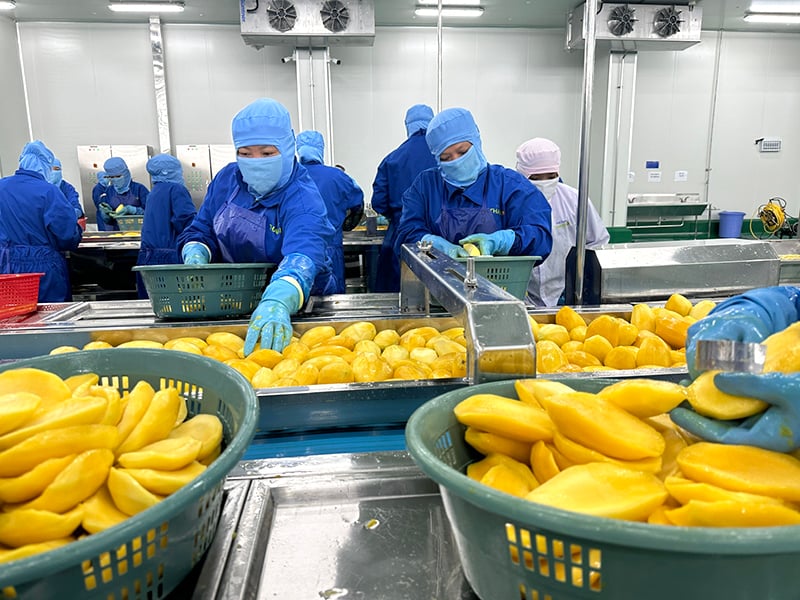
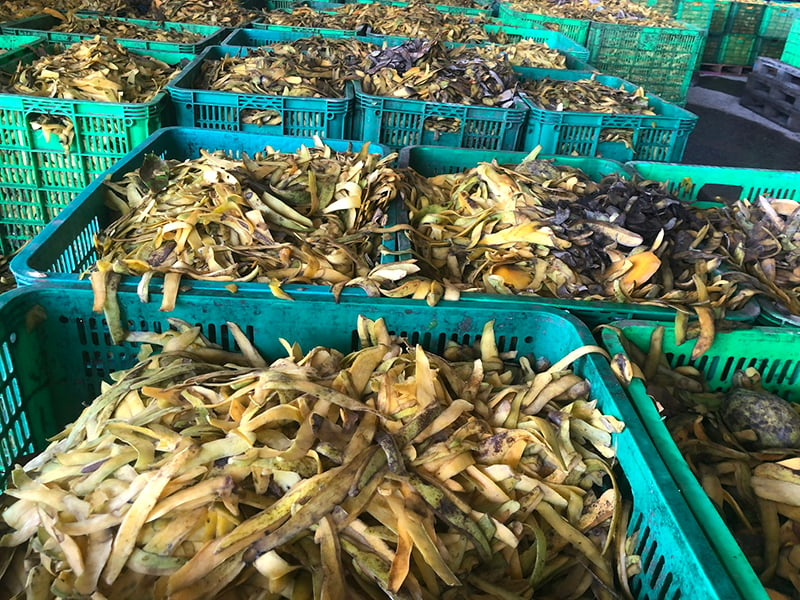
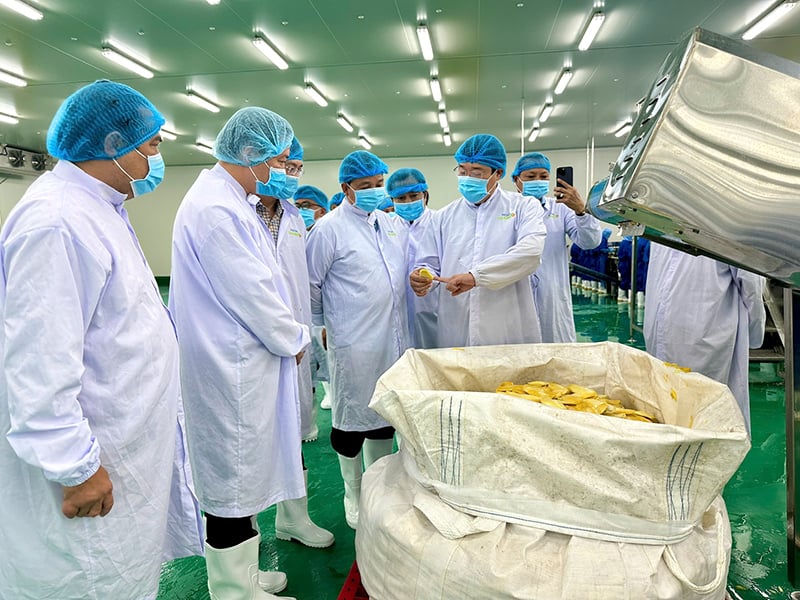
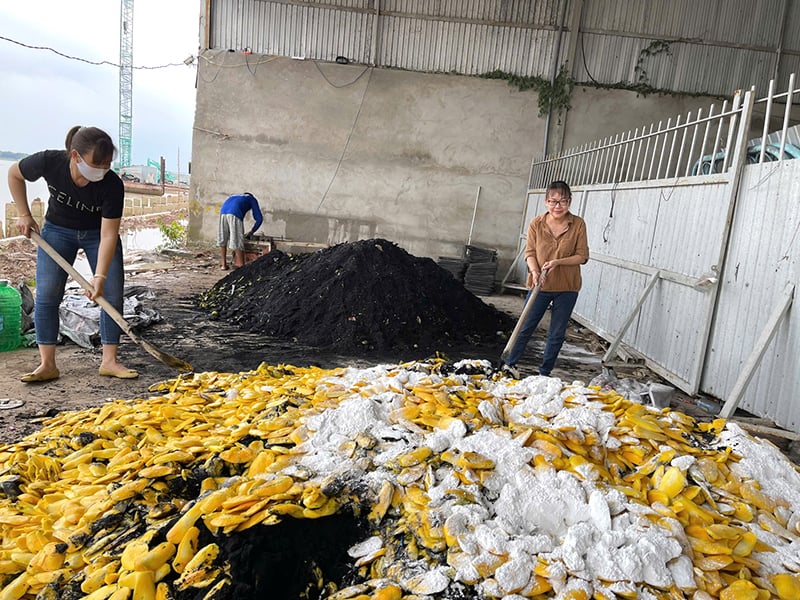

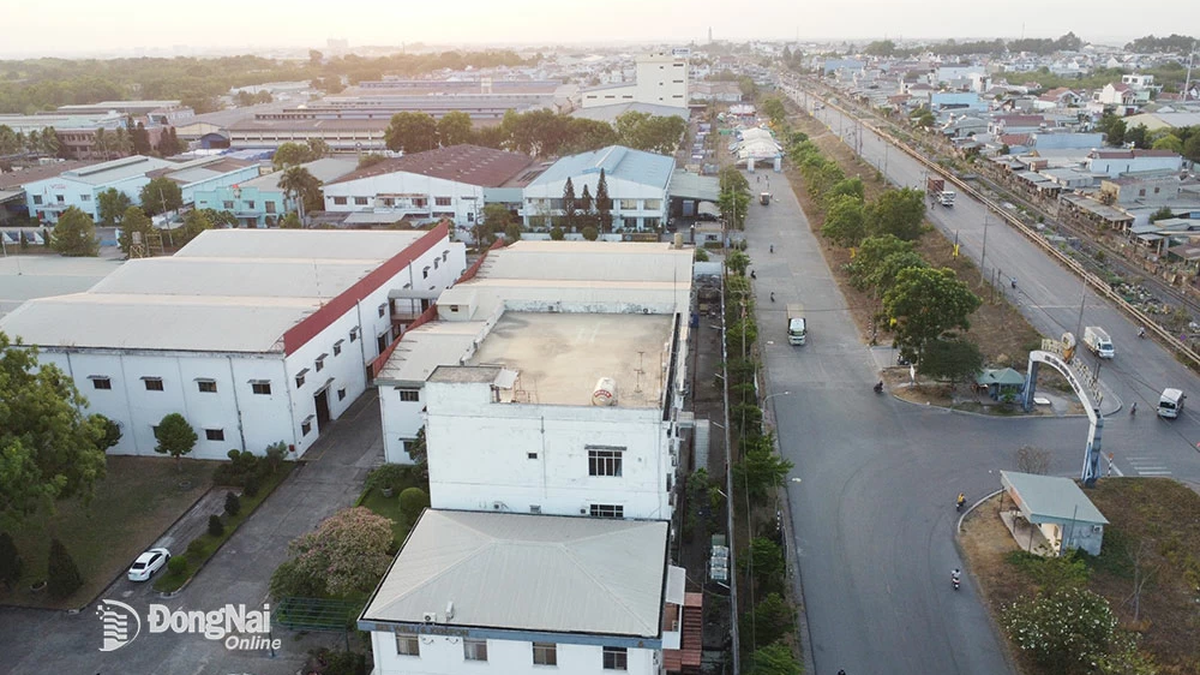

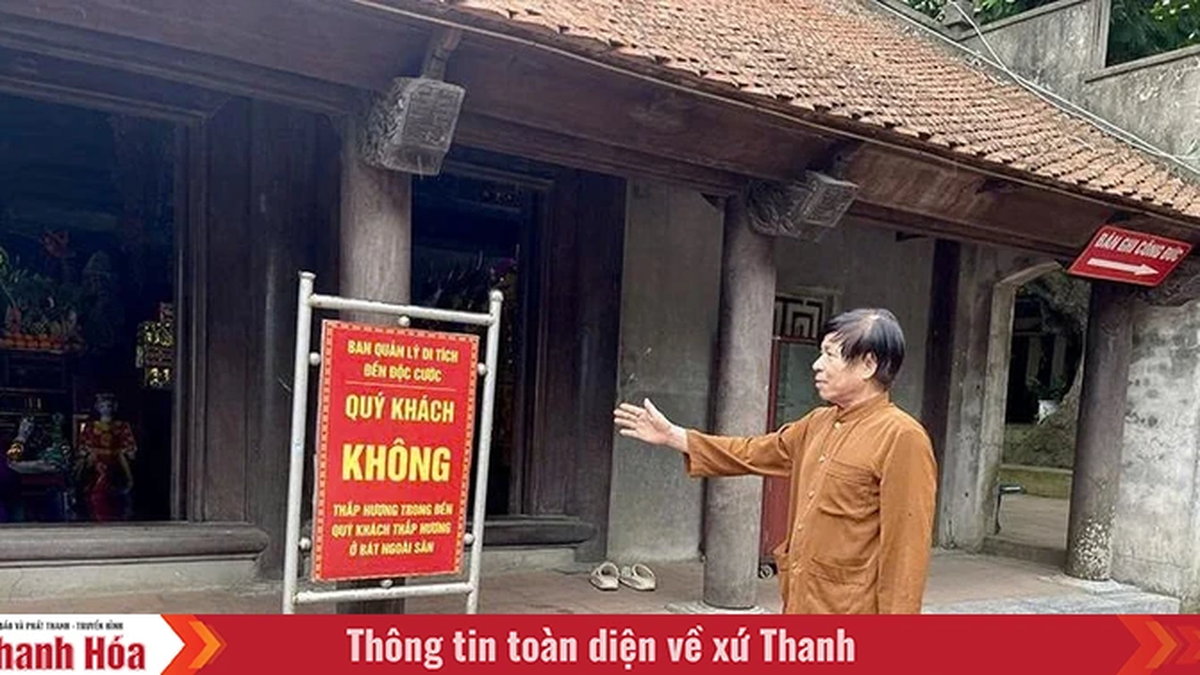














































![[Maritime News] More than 80% of global container shipping capacity is in the hands of MSC and major shipping alliances](https://vphoto.vietnam.vn/thumb/402x226/vietnam/resource/IMAGE/2025/7/16/6b4d586c984b4cbf8c5680352b9eaeb0)













































Comment (0)